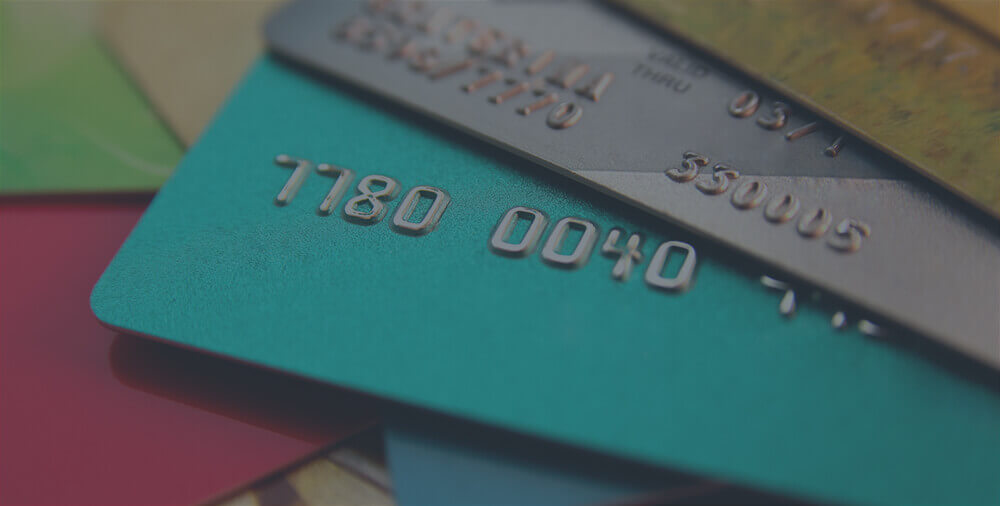This fall, college students are returning to school or logging on from a distance during a time of deep economic insecurity. While the coronavirus pandemic may have devastated some job opportunities, there are still ways for college students to work on establishing financial independence before they graduate.
Having a strong credit history can help students apply for loans or credit, get an apartment or even land a job. Students who start now can establish strong credit for long-term benefits.
Student credit cards can be a powerful tool in the college student’s credit arsenal.
How Student Credit Cards Work
Student credit cards work just like traditional credit cards. They can be used to make purchases up to an established credit limit, and purchases that aren’t paid off quickly accrue interest charges. Credit card activity is reported to the credit bureaus in the cardholder’s name, which can help students establish their credit history over time.
Students with a limited credit history have an easier time qualifying for a student card than a traditional card, but approval isn’t guaranteed. Typically, the student needs to pass a credit check and prove they are currently enrolled in college. Applicants under 21 must show they have income to pay their bill.
Student Credit Cards Offer Additional Benefits
Some student credit cards offer additional benefits that can be valuable to the cash-strapped student. Some cards earn cash back on purchases with additional rewards for specific categories such as gas or restaurants. Some cards offer additional cash back or statement credits when students maintain a good grade-point average. Low introductory interest rates can help students avoid interest on purchases or balance transfers for a limited time.
When evaluating cards, students shouldn’t forget to look at annual fees, interest rates and other costs. Ideally, they should avoid unnecessary fees and find the lowest interest rate they can.
Tips to Using a Student Credit Card Responsibly
The most important thing students can do is pay their credit card bills on time. This establishes a record of timely payments, which is important for credit. After a period of timely payments, cardholders may be able to transition to a traditional credit card or raise their credit limits.
Ideally, cardholders should pay off their entire credit card balance every month, avoiding interest charges and accumulated debt. A low balance also avoids a high credit utilization rate, which can negatively impact credit. Also, don’t forget to always monitor your identity and credit reports to help lower the risk of credit card fraud.
*IDIQ® is NOT a bank, lender, home improvement or insurance company. Offers made on this page are offers for services by independent parties and are not companies of IDIQ.

